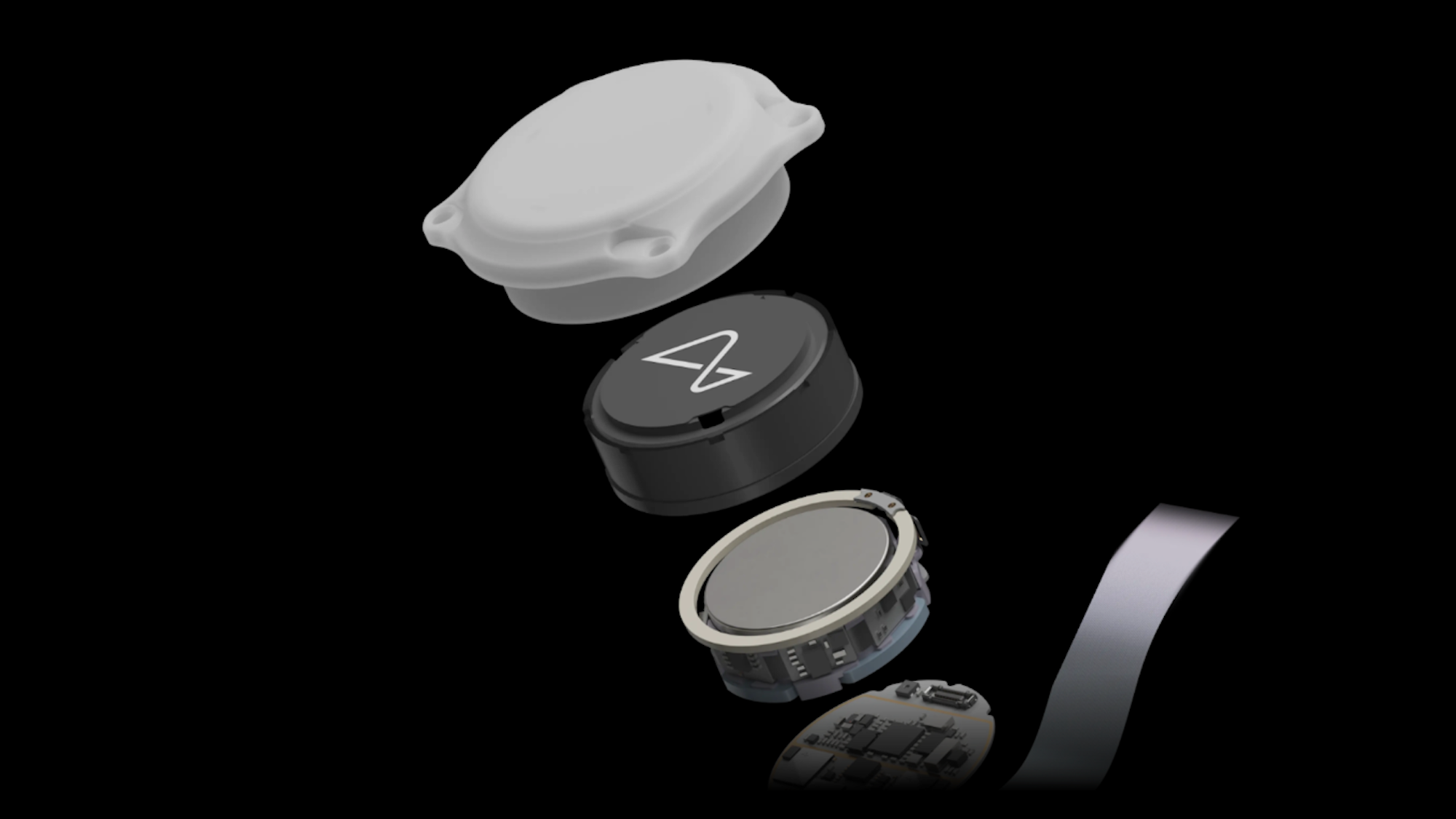

Elon Musk claims Neuralink has implanted a second human volunteer with its experimental N1 brain-computer interface (BCI) and that it’s “working very well.” But like the coin-sized device within the company’s first patient, only a fraction of the electrodes are reportedly functioning properly.
“I don’t want to jinx it but it seems to have gone extremely well with the second implant,” Neuralink’s CEO said during an August 2 podcast interview with computer scientist, Lex Fridman. “There’s a lot of signal, a lot of electrodes. It’s working very well.”
“A lot of electrodes” is arguably a relative number, however. During his lengthy conversation with Fridman, Musk clarified that while initial results appear “so far, so good,” he estimates only roughly 400 of the BCI’s 1,024 electrodes surgically implanted into the user’s motor cortex are currently providing signals. Although around a 10 percent improvement on the 80-85 percent electrode malfunction rate reported in Neuralink’s first volunteer, it illustrates the immense hurdles still facing a technology Musk previously predicted will resemble telepathy in just a few years’ time.
[Related: 85% of Neuralink implant wires are already detached, says patient.]
“Imagine if Stephen Hawking could communicate faster than a speed typist or auctioneer. That is the goal,” Musk posted to his social media platform, X, in January 2024.
Earlier this year, reports confirmed as many as 870 electrodes completely detached in Neuralink’s first patient, Noland Arbaugh, after the implant shifted within his skull up to three times the company’s expectations. Arbaugh, a 30-year-old man with quadriplegia, explained to The Wall Street Journal at the time that he began experiencing degraded BCI performance after it initially allowed him to control a computer’s inputs and mouse cursor using his thoughts. Arbaugh recounted that Neuralink did not feel comfortable performing another brain surgery to remove the implant, and instead spent weeks improvising a solution. Engineers ultimately designed a “recording algorithm” modification that made the implant “more sensitive to neural population signals, improved the techniques to translate these signals into cursor movements, and enhanced the user interface.” No information is currently available explaining exactly what caused Arbaugh’s electrodes to detach, or if these malfunctioning components may present health concerns in the future.
Neuralink has faced numerous regulatory delays and investigations regarding alleged animal rights violations and safety concerns in the years leading to its first human trials. In 2023, a medical ethics organization focused on animal rights cautioned volunteers against signing up for the company’s PRIME Study, saying they “should have serious concerns” about the device’s safety.
Musk stopped short of providing further details on what caused the newest complications during last Friday’s podcast appearance, and instead focused on lofty aims for Neuralink’s future patients—including another eight volunteers slated to receive N1 devices by the end of the year. He clamed that even with 10-15 percent functionality in Arbaugh’s implant, engineers “were able to achieve a bit-per-second” computing rate.
Musk then stated this is “twice the world record,” although it is unclear what record he meant. In 2017, researchers at Stanford University published a clinical study detailing results for three patients who tested earlier iterations of different BCI. Although externally installed and physically wired, two ALS patients achieved 2.2 and 1.4 bits-per-second computing rates, while another volunteer with Lou Gerig’s disease recorded 3.7 bits-per-second—four times the previous speed record at the time.
“In years, it’s going to be gigantic,” Musk said on Friday. “… I think we’ll start vastly exceeding the world record by orders of magnitude in the years to come…. getting to, I don’t know, 100 bits per second, [a] thousand.”
